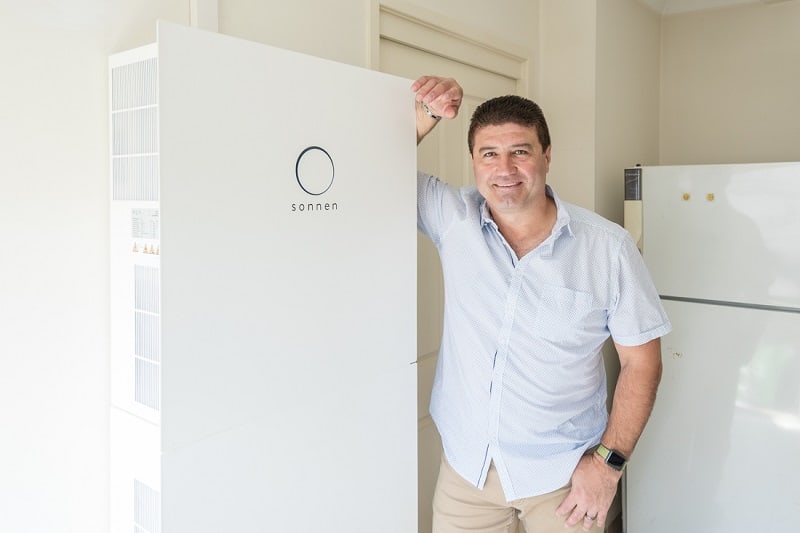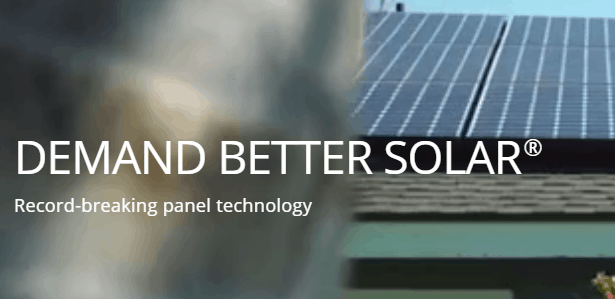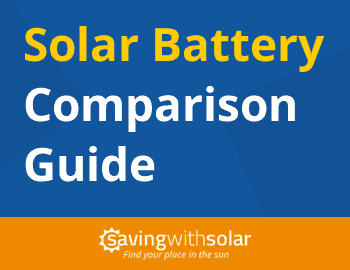Australian blockchain solar startup Power Ledger has partnered with Yolk Property Group to apply its renewable energy trading between residents in their White Gum Valley development. This marks the first time an apartment development utilising blockchain technology has been offered for sale to the public in Australia.
Peer-To-Peer Renewable Energy Trading
The White Gum Valley project is an ARENA funded sustainable living innovation project. Inside White Gum, Yolk Property Group are building an apartment development named ‘Evermore’ which will have solar PV panels, battery storage, and, of course, the Power Ledger blockchain technology we have written about quite frequently on this site.
According to The West, the project is being overlooked by a team at Curtin University headed up by Professor Peter Newman. They are collecting and analysing the data to help inform Western Power and national authorities on energy infrastructure – viewing this as a learning experience.
“The world is watching – I think that now there are people all round the world saying they’re doing it in Perth why can’t we?” Professor Newman said.
Yolk Property Group have advised that expected cost savings for residents will be around 30 to 40 per cent. Certainly nothing to be sneezed at!
About Power Ledger

Under the Power Ledger method, buying and selling of power happens automatically and is all stored in the blockchain – so it’s really easy to manage and is very hands-off.
“If you’ve got excess solar now, your solar panels are producing energy while you’re away at work or you’re away on holidays – that energy gets spilled into the grid and you sell it to Synergy your retailer,” Power Ledger’s David Martin said.
“Now, under the model we have here, instead of selling your energy to Synergy you can sell it to your next door neighbour at a better price.”
If we can manage to get a solar battery rebate in Australia, will that help methods like Power Ledger? Watch this space…



